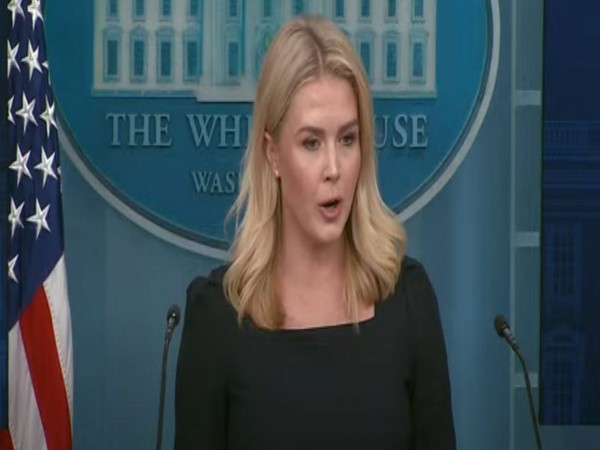Pakistan faces shocking 850 per cent surge in gas prices as inflation soars
Dec 11, 2024

Karachi [Pakistan], December 11 : The Pakistan Bureau of Statistics (PBS) has revealed an unprecedented 850 per cent increase in gas prices over the past four months.
During a National Assembly session led by Deputy Speaker Ghulam Mustafa Shah, detailed statistics on the soaring costs of essential commodities were shared, The Express Tribune reported.
According to the PBS, sugar prices have risen by 53.5 per cent, while palm oil prices have increased by 61 per cent over the past five years. Soybean oil, wheat, and crude oil prices have also surged by 35 per cent during the same period.
The PBS attributed the overall inflation to rising electricity and gas prices under the International Monetary Fund (IMF) program. Gas tariffs were raised by 520 per cent in November 2023 and are expected to climb by an additional 319 per cent in February 2024.
Similarly, electricity tariffs increased by 35 per cent in November, with another 75 per cent hike anticipated in February 2024. Officials noted that these sharp increases in utility costs have been significant drivers of inflation in the country.
The Ministry of Finance also disclosed that mobile phone users in Pakistan were taxed a total of PKR 338 billion over the past five years. The assembly was presented with details showing that this amount was collected from consumers during the period, reported The Express Tribune.
Prime Minister Shehbaz Sharif, meanwhile, took credit for a recent decrease in the weekly inflation rate, measured by the Sensitive Price Index (SPI). Congratulating the nation, he highlighted that the SPI-based inflation had eased for the second consecutive week, falling to 3.57 per cent year-on-year in the week ending December 5. This decline was attributed to lower prices for vegetables and pulses.
According to official data released on Friday, the week-on-week inflation rate decreased by 0.34 per cent, driven by falling prices of chicken, basmati rice, and pulses. However, the costs of perishable goods such as potatoes, onions, and edible oil continued to climb after a brief period of stability.
In a separate development, the Asian Development Bank (ADB) approved a USD 200 million loan to support Pakistan in modernising its power distribution infrastructure. The Power Distribution Strengthening Project aims to address challenges such as energy losses, climate risks, and outdated systems, The Express Tribune reported.
The project will focus on improving electricity distribution in three major regions served by Lahore Electric Supply Company (LESCO), Multan Electric Power Company (MEPCO), and Sukkur Electric Power Company (SEPCO).
These upgrades are expected to reduce energy losses during transmission and enhance the reliability and sustainability of electricity delivery in the country.



















